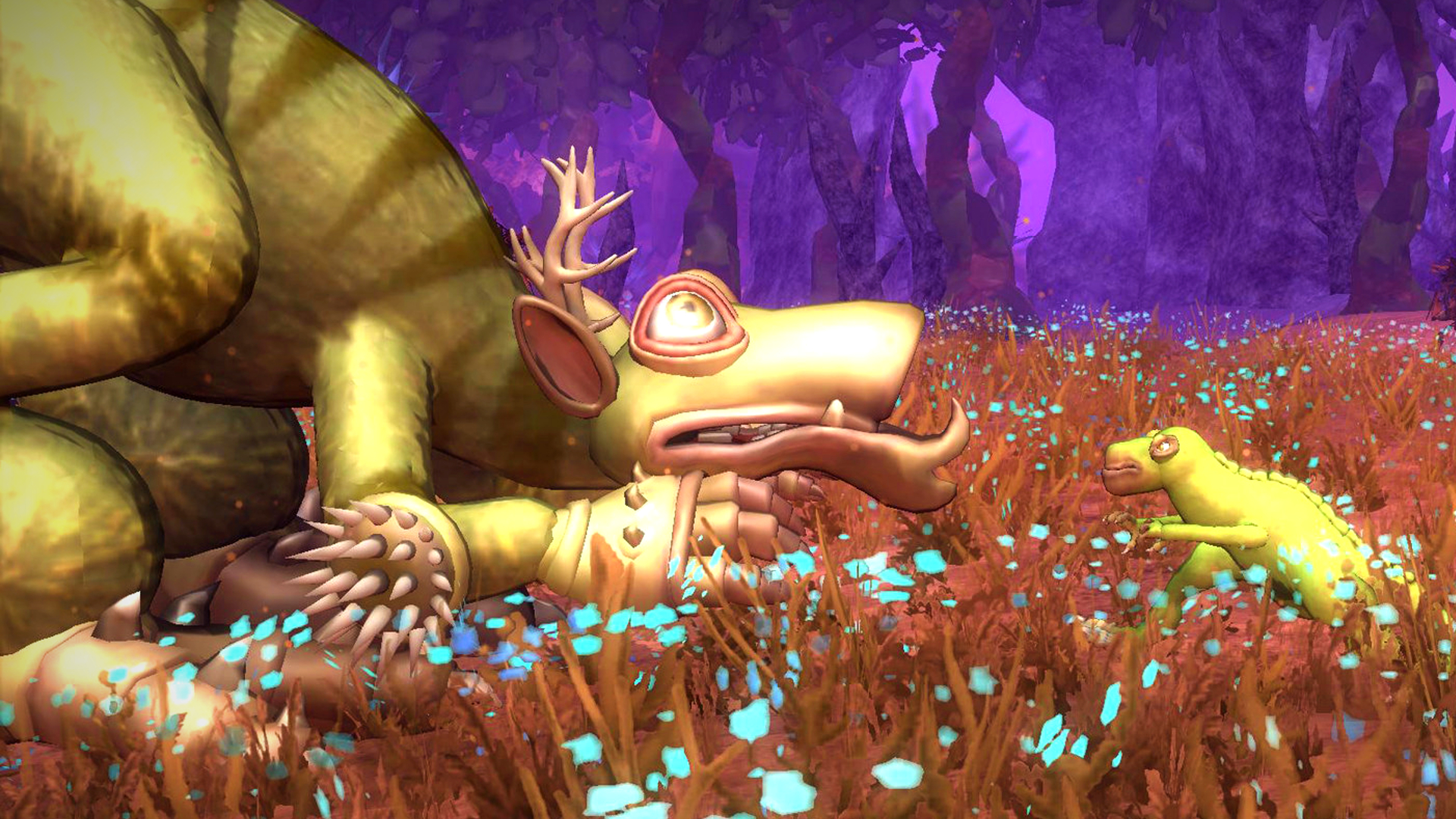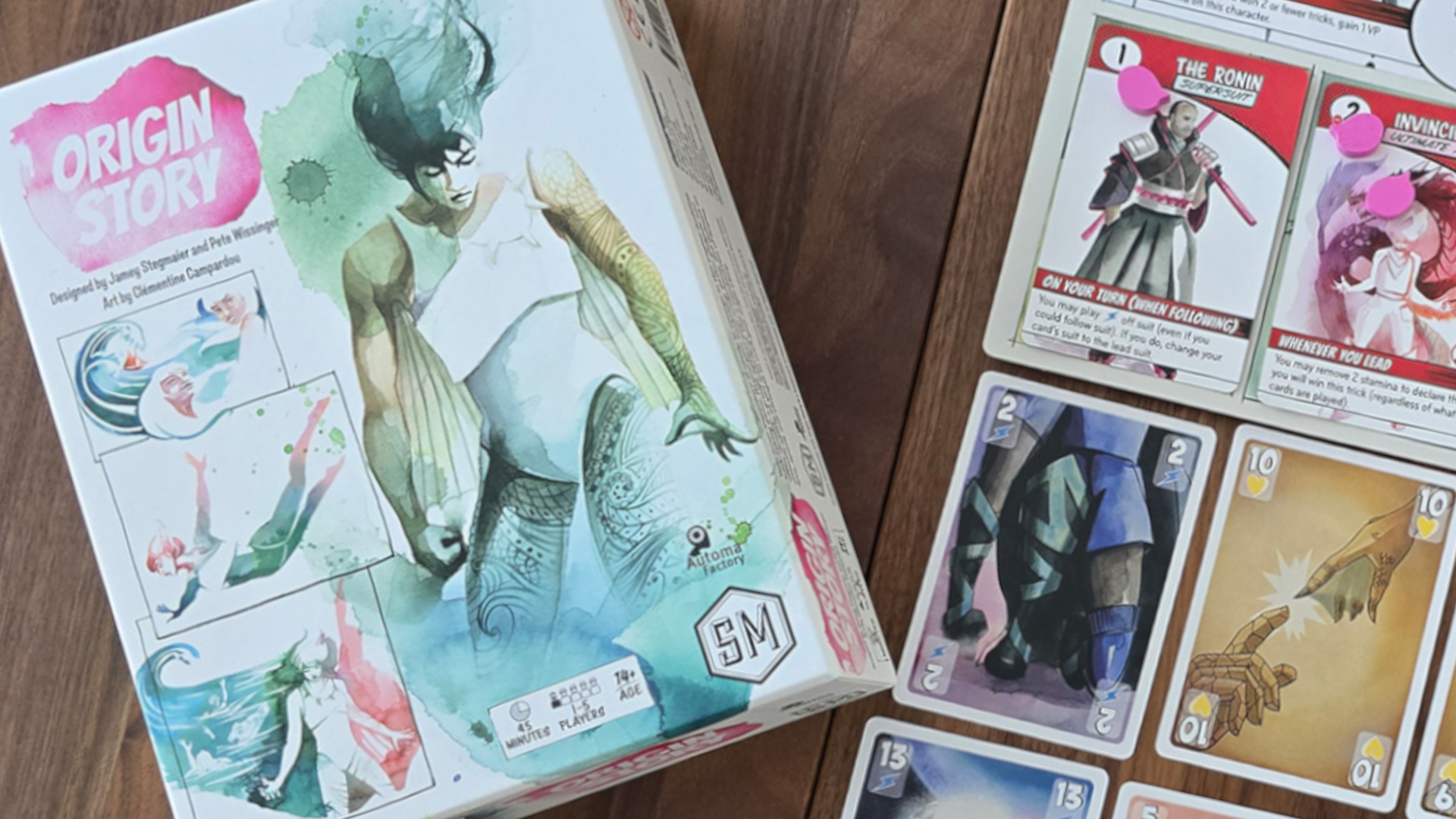Once an icon of intrusive EA DRM, The Sims studio's classic life sim Spore will "live forever" in the GOG Preservation Program alongside Splinter Cell, Tomb Raider 2013, and more
If only Darkspore would follow suit

Spore was a massive expansion on the already heady concepts of previous Maxis games like SimCity and The Sims, and one that courted no small amount of controversy at launch – less so for its content than the restrictive DRM measures of publisher EA. Now, Spore is getting a lavish preservation treatment alongside a selection of other modern classics courtesy of GOG.
The GOG Preservation Program has added the Spore Collection alongside the likes of Tomb Raider 2013, Hitman: Codename 47, Clive Barker's Undying, Tom Clancy's Splinter Cell, and a host of other old titles that are less notable but no less worth preserving. For titles in the Preservation Program, GOG has committed to keeping them updated so they "remain compatible and playable on modern systems in their best form," effectively promising to ensure these titles "live forever."
Spore has been available DRM-free on GOG for years, but its inclusion in this preservation effort marks a notable milestone in the game's history. It launched back in 2008, in an era where PC gamers were still used to buying their games on retail discs that could be used as many times – and on as many devices – as they wanted.
That was thrown out the window with Spore's SecuROM DRM, which forced players to authenticate the game online, and would only allow it to be installed across three devices. In the wake of widespread backlash – and a whole lot of piracy – EA would eventually ease those restrictions, eventually releasing Spore on Steam. Steam was, itself, still fairly controversial at the time, but its own DRM management was a far sight better than what we got with SecuROM.
As for the game itself, Spore is perhaps the most literal entry in the life sim genre, as a strategy game where you guide a species from its single-celled origins in the primordial soup through its development as an eventual space-faring civilization. The relatively simplistic gameplay was buoyed by a robust creature creation system that allowed for some absolutely wild possibilities.
Still, Spore's most enduring legacy might be showcasing the worst aspects of DRM. A few years later, a spin-off called Darkspore would put all those creature creation mechanics into the format of a more traditional, Diablo-style action-RPG. The game was only playable online, and since the servers shut down in 2016, it's become completely inaccessible. That's the same sort of issue that kicked off the Stop Killing Games campaign, and it's good to see at least the original Spore escaping that unfortunate legacy.
Weekly digests, tales from the communities you love, and more

Dustin Bailey joined the GamesRadar team as a Staff Writer in May 2022, and is currently based in Missouri. He's been covering games (with occasional dalliances in the worlds of anime and pro wrestling) since 2015, first as a freelancer, then as a news writer at PCGamesN for nearly five years. His love for games was sparked somewhere between Metal Gear Solid 2 and Knights of the Old Republic, and these days you can usually find him splitting his entertainment time between retro gaming, the latest big action-adventure title, or a long haul in American Truck Simulator.
You must confirm your public display name before commenting
Please logout and then login again, you will then be prompted to enter your display name.


